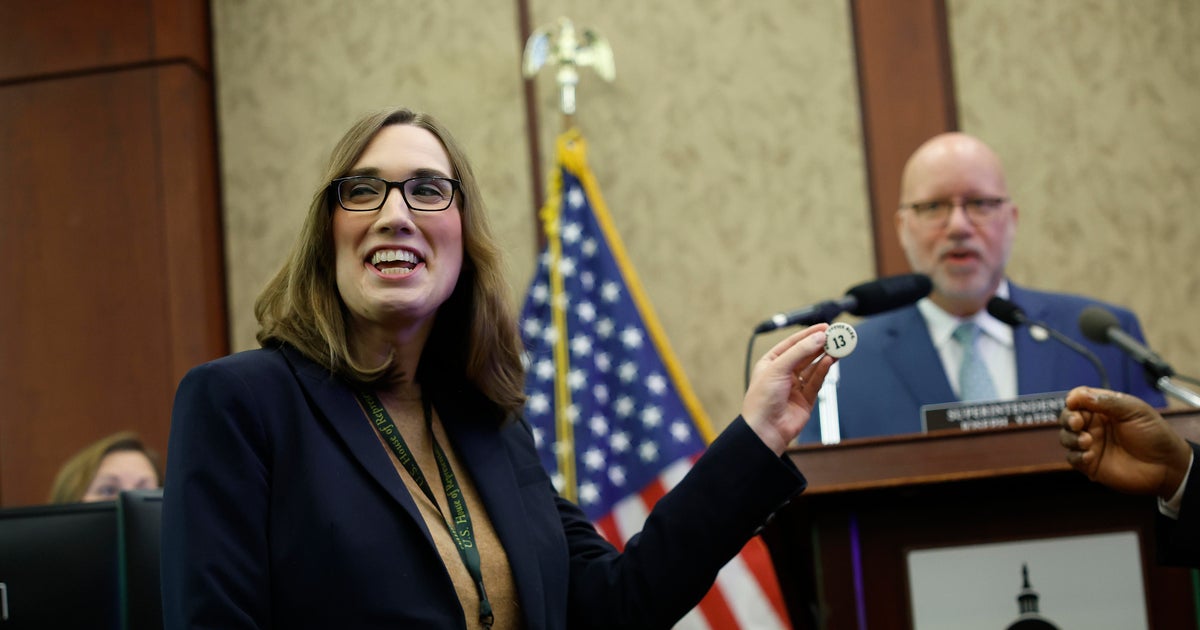White House points finger at Obama administration for Syrian chemical attack
In the wake of the Assad regime’s chemical attack in Syria, the White House is partially assigning blame for the apparent war crime to the previous administration’s policies.
White House Press Secretary Sean Spicer on Tuesday described this week’s chemical weapons attack in Syria a “heinous” act but quickly pointed a finger at the Obama administration. Meanwhile, Secretary of State called out Iran and Russia for not preventing the attack.
“Today’s chemical attack in Syria against innocent people, including women and children, is reprehensible and cannot be ignored by the civilized world,” Spicer said. “President Obama said in 2012 that he would establish a ‘red line’ against the use of chemical weapons and then did nothing” when they were used in the past, Spicer added. Spicer also cited the Obama administration as responsible for the ongoing Syrian crisis last week.
Attacking a previous administration in such blunt terms is an unusual move, and U.S. officials are coming down on the Trump administration for politicizing the deadly attack.
“It’s hard to imagine how anyone could see images of victims foaming at the mouth and think that statement was appropriate,” said one U.S. official. “In response to one of the most depraved attacks on humanity, the White House could have issued a sober, serious statement. Instead they needlessly chose to play politics.”
With dozens of Syrians dead as a result of this attack, neither the State Department nor the White House articulated how the Trump administration’s response to the use of chemical weapons would be different from that of the Obama administration. Letting Assad stay for the foreseeable future falls into the mold that the Obama administration was adhering to by the end of the administration.
Spicer alluded to that reality in there is now no “fundamental option” of regime change. The administration views the window of opportunity for dislodging Assad to have closed. Spicer cited a “level of comfort” with Assad at this point --- though he said no nation should “sit back” and allow a leader to use chemical weapons.
Secretary Tillerson cited Assad’s “disregard for human decency” and placed blame on international culprits. Because Russia and Iran are the regime’s primary allies, he believes they should use their leverage to end these kinds of attacks.
“We call upon Russia and Iran, yet again, to exercise their influence over the Syrian regime and to guarantee that this sort of horrific attack never happens again,” Tillerson wrote in a statement. “As the self-proclaimed guarantors to the ceasefire negotiated in Astana, Russia and Iran also bear great moral responsibility for these deaths.”
Turkey is also a part of the Astana talks, which are designed to bring opposition leaders in the conflict to the table. Senior State Department officials backed up Tillerson’s statement, which did not indicate any possibility of the U.S. taking unilateral action against the Assad regime, in explaining that these other countries are most culpable.
“Frankly, the U.S. doesn’t have that much influence over the actors on the ground that are the party to the ceasefire,” explained a senior State Department official. “The outside backers that do have quite a bit of influence – Turkey, Iran, and Russia – are the primary self-proclaimed guarantors of that process.”
Though Russia has insisted it had nothing to do with this specific attack, the State Department says that is not enough. There is a need for both Russia and Iran to “deliver” on their commitments to being the guarantor of a ceasefire, says a senior State Department official. Tillerson is traveling to Moscow later this month, where he will have an opportunity to confront this “very significant problem” in a face-to-face scenario with Russian counterparts, the official said.
For now, the U.S. continues to make defeating ISIS its primary goal, and it is at the top of their foreign policy agenda in the Middle East. This focus has left unanswered questions over what actions, if any, the U.S. will take against the Assad regime.
The White House said the attack could not be ignored but it is also unclear what action the U.S. expects Russia and Iran to take in regard to Assad. State Department officials do not say that ridding Syria of the Assad regime is a necessity in the fight against ISIS.
As of now, ISIS is viewed as spiraling into a “downward trajectory” as Assad remains in power. This reality means that dislodging the Assad regime continues to fade away from the list of top U.S. foreign policy priorities.



